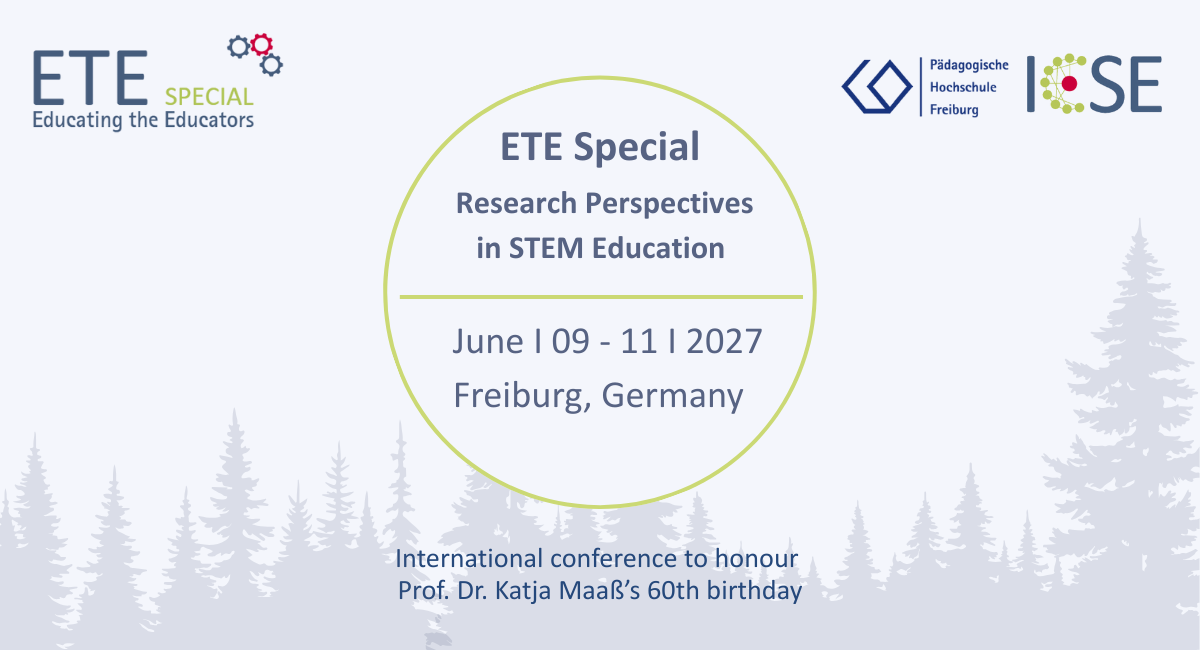Past Educating the Educators Conferences
Following up on a core barrier to a broader take-up of innovation in STEM education, a conference series Educating the Educators (ETE) was established in 2014. ETE focuses on approaches to scaling-up STEM teacher professional development and has, though a research-based conference, from the outset been designed to enhance exchange between research, policy and practice.
- Limassol, 2025: Educating the Educators 2025 took place in in Limassol on the beautiful island of Cyprus. The conference focused on “21st Century Challenges: Technology, Sustainability, Interdisciplinarity and Diversity”.
- Leiden, 2023 : Educating the Educators VI took place in the inspiring Naturalis Museum in Leiden in the Netherlands. This time the conference focused on the topic “STEM and Open Schooling for Sustainability Education”.
- Freiburg, 2019: Following the first two conferences, ETE III continued to provide a space for an exciting exchange of knowledge on approaches to and concrete materials for scaling up professional development in STEM education.
- Freiburg, 2016: Educating the Educators II boasts a highly innovative concept combining a classical research conference with interactive formats such as a Policy Seminar, a Materials Market and a Company Visit.
- Essen, 2014: The first Educating the Educators Conference on international approaches to scaling-up professional development in maths and science education takes place in Essen.



